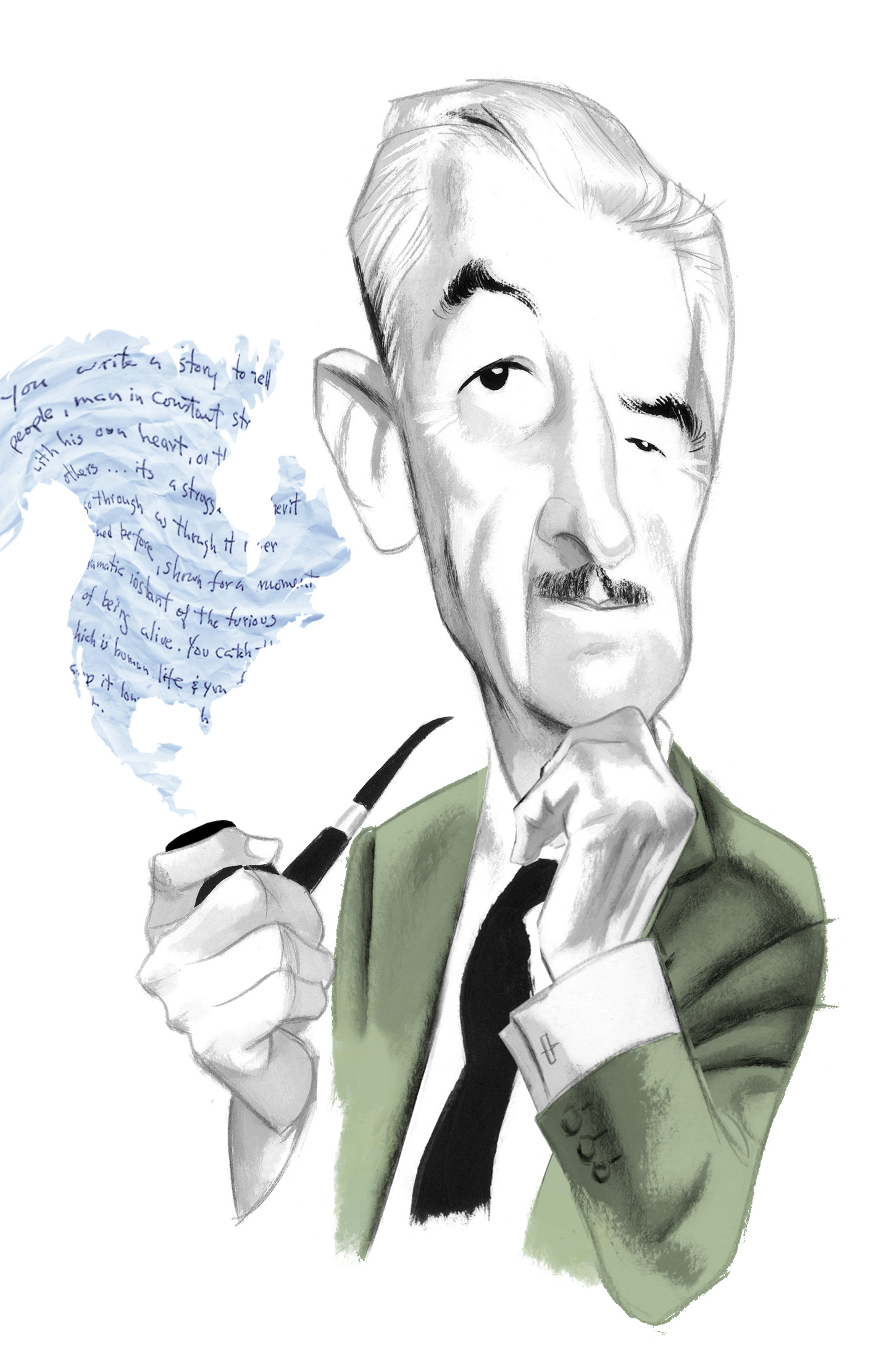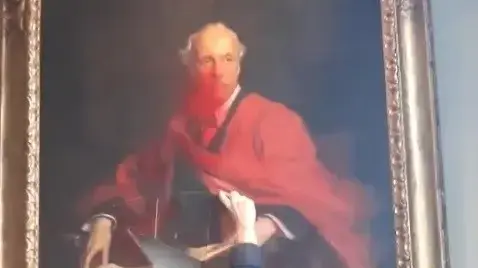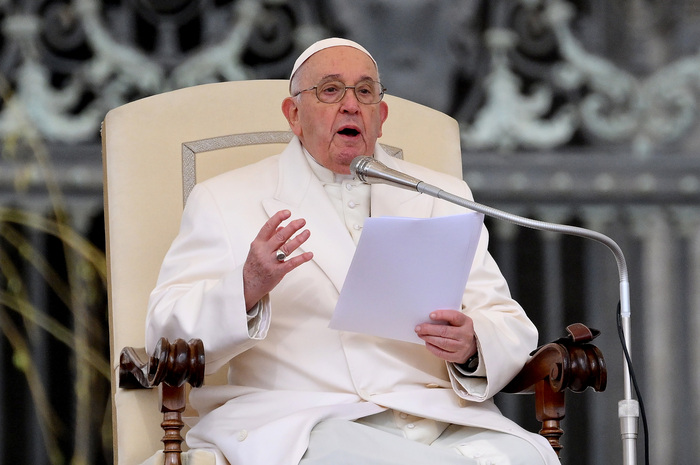fernando vicente
Jacobo Bergareche is polite and friendly, until you touch him on certain topics, where his true personality appears.
It occurred to him to go to the United States and there he went.
But not to New York or Los Angeles, like normal people, but to Texas.
And what the hell did he go to that very rich state of tankers and
cowboys?
Let's
see
honky-tonks
,
and dance "well grasped" in those clubs "with a sound and singing word". He also visited billiards and bars of various kinds and, of course, ate at the best hamburgers in the world. Since he had to live, he built a business that lasted four years. He also found the Harry Ransom Center and its forty-three million documents, where I suspect that he spent a good part of the four years reading and where he discovered, among other wonders, the love letters that William Faulkner wrote to his lover , "A certain Meta Carpenter", while she was working in Hollywood as a screenwriter.
With these materials, he has just published a novel -
The Perfect Days
- which is entertaining, funny, insolent and very well written. Jacobo sincerely believes that “the habit makes the monk”, he is a fierce admirer of Faulkner and his labyrinths; his love story and the evocation of "a perfect day" reproduces with grace and fantasy what, through his letters, was that adventure of the author of
The Wild Palms
,
The Soldiers' Pay
and the other masterpieces that we know.
In his generous recreation, acclimatized in Austin, Bergareche amuses himself and his readers amuse us, and even dares to invent other puppets inspired by those Faulkner sent to his friend, but Jacobo's are better, because Faulkner, who was a genius writing novels, he was not a very good draftsman.
It is the first tribute to Faulkner of the three that I have come across this month, without leaving Madrid and without looking for them.
The second is
Lion in the garden
,
the interviews that Faulkner gave between 1926 and 1962, gathered by James B. Meriwether and Michael Millgate, and that Javier Marías has published in his mythical Kingdom of Redonda, which, as is known, in addition to being unreal, it is a miracle that it still exists Therefore, although its catalog is always made up of splendid works, they are only found in certain bookstores and generally at the death of a bishop. The book, which I have just read, is everything that Faulkner was not, who detested journalists and lied to them unscrupulously, as, for example, confessing to them that “he was born in 1826, to a black slave and an alligator named both Gladys Rock ”. Sometimes he dared to say outrageous things, such as that the problem of anti-black racism would be solved in the United States by "re-establishing slavery."Javier Marías recalls in his intelligent prologue, expressively titled
What Faulkner did not write
, that the centenary of the novelist who has marked our time was celebrated in 1997 and that it went almost unnoticed.
The book also includes the most serious and reliable of the interviews he gave, and which appeared in
Paris Review
in 1956, made by Jean Stein Vanden Heuvel, in which, unlike others, Faulkner made an effort to really say what he thought and remembered about his work as a writer, a beautiful and very rare text that is a pleasure to read and reread . At the other extreme are the detailed conversations he held in the city of Nagano, Japan, in 1955, where he was locked up for several days with professors and literature critics, who asked him what he thought of Japanese culture or landscapes (which had just ended to know) and that we are infected by the bad times that poor Faulkner had to go through trying to measure up to the questions they asked him with answers that show him exactly light years from what he really was, trying to say what his audience expected of him, that is, responding as a good and helpful man,that he did not want to disappoint his audience, even if for that he had to say the worst mischief and the most insincere of answers. What bad times he must have had there, with those questions they asked him about
The bear
,
that long story in which it is described how its central character is surrendering little by little to the advance of the machines and the cement of the cities that destroy their forests and the wild nature in which he used to live.
No wonder Faulkner hated interviews so much and rarely accepted invitations from abroad.
The third tribute to Faulkner that I have come across these days, visiting bookstores, is a new translation - the third in Spanish, I think - of
Absalón, Absalón!
,
one of the best and most difficult novels that he wrote and whose translator, Bernardo Santano Moreno, in addition to the original text, includes multiple additions, such as a long introduction, a synopsis of the book, a bibliography, and the map of the county of Yoknapatawpha that he himself Faulkner drew.
Absalom, Absalom!
It is one of the most difficult novels that the novelist wrote, and the difficulty has to do both with the language in which certain characters speak - or think or dialogue - and with the temporal structure in which the story occurs, with its confusion of times. and narrators, as well as the connections this story has with
The noise and the fury
, with which he shares some characters although the dates do not always coincide. Santano Moreno has done a good job in everything that refers to the conventional and functional forms of the text, without a doubt, in the dialogues, for example, but not in the pages in which the novel departs from those forms and explores, recreates or simply invent a way of talking about the farmers and blacks of that region of the Mississippi where the story takes place. It is not to reproach you; I believe that it is impossible to translate those texts without falling into simplification or unreality, and that all those pages, paragraphs or single sentences are simply untranslatable, as is often the case with poetry, that, however careful or intelligent the translators never manage to reproduce or find the words,phrases or ideas equivalent to the originals. They just sound different in other languages and, in some, they no longer mean anything. Generally the novels are all translatable, and often with excellence to other languages; few writers are on the sidelines. One is James Joyce, of course, who in the
Ulysses
invented in great detail all that would be the resources of the modern novel, from the interior monologue to the revolutionary treatment of time or the transformations of the narrator. But all that technology was used, in practice, by Faulkner better than its inventor, Joyce himself, in novels like
The Sound and the Fury
or
Absalom, Absalom!
The intricacy and elusiveness of those texts, in the moments that require strenuous efforts from the reader to understand them, occur in exceptional circumstances, but it is not possible to fully understand those stories without those disconcerting, and generally ferocious episodes, in which the characters kill or kill each other. they castrate themselves, commit incest, burn or commit suicide, and carry out unspeakable crimes, and it was not surprising that Faulkner himself never knew how to explain them, because he could not translate them into a conventional, natural and uncomplicated language. Simply, like certain verses of TS Eliot or Vallejo, they were not translatable. One of the few novelists who reached that dimension was Faulkner. That is why we will continue reading the lord of the labyrinths, dazzled and bewildered, until the last moment.
World press rights in all languages reserved to Ediciones EL PAÍS, SL, 2021.
© Mario Vargas Llosa, 2021.









